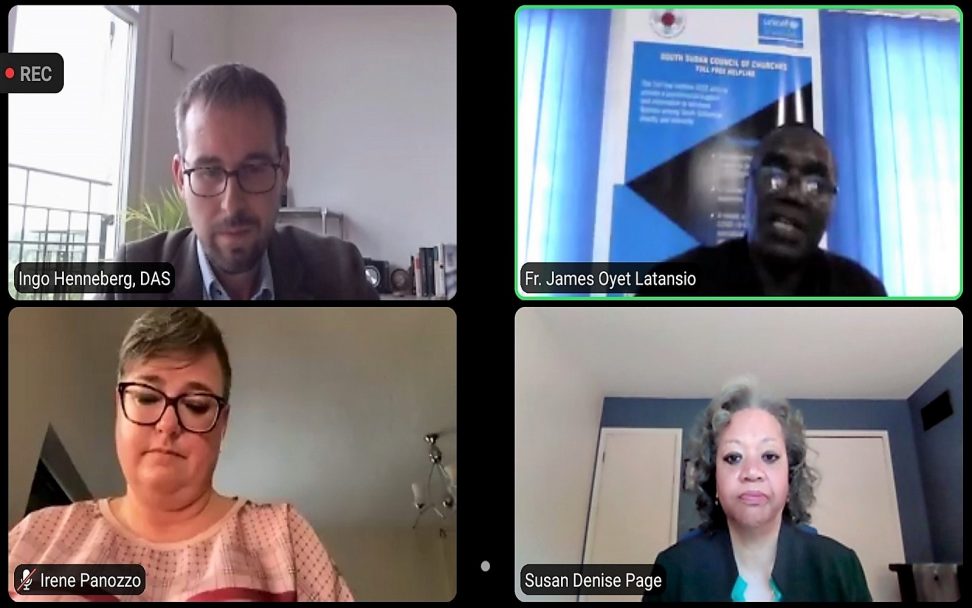On 9 July 2011, people cheered in the streets of Juba and celebrated the independence of the new state of South Sudan. After decades of fighting with the Muslim-majority north, a separate state promised new beginnings, self-determination and social and economic upswing. However, this spirit of optimism lasted only for a short time. In 2013, long-lasting power struggles within the South Sudanese leadership escalated into an open civil war during and about 400,000 people lost their lives.
After seven years, a peace agreement could be implemented in 2020 shortly before the outbreak of the Covid-19 pandemic. As several agreements had been broken before, the uphold of the agreement for more than one year is a positive sign, even though it is still unclear whether South Sudan is on its way to more stability. It furthermore remains uncertain whether and how the political structures in South Sudan can be reshaped to prevent the country from relapsing into civil war. This question is all the more urgent as new elections are planned as part of the peace process, which then could be a reason for the losing side to resort to violence again.
Ten years after South Sudan’s independence, we discussed the reasons for the massive problems of the young state, took a closer look at the consequences of the civil war and discussed possible solutions.
Programme:
Opening Remarks:
David Schwake, Secretary General, German Africa Foundation
Discussion:
Ambassador (ret.) Susan D. Page, JD, Professor of practice in international diplomacy
at the University of Michigan, former U.S. Ambassador to South Sudan, 2011-2014
Fr. James Oyet Latansio, PhD, General Secretary, South Sudan Council of Churches
Irene Panozzo, PhD, Political advisor to EU Special Representative for Horn of Africa
Prof. Dr. Melha Rout Biel, Executive Director, Centre for Strategy and Policy Studies
Moderation:
Ingo Henneberg, Scientific Advisor, German Africa Foundation

